 It has been a weird couple of weeks here in the United States. Any week where the honest-to-God news in your local newspaper is more contentious, rancorous and secret identity-obsessed than your average comic book is one where talking about what comic creators are skipping what conventions in which American states, and which writers are retiring from what social networks feels redundant at best and depressing at worst.
It has been a weird couple of weeks here in the United States. Any week where the honest-to-God news in your local newspaper is more contentious, rancorous and secret identity-obsessed than your average comic book is one where talking about what comic creators are skipping what conventions in which American states, and which writers are retiring from what social networks feels redundant at best and depressing at worst.
But the good news is that, here at the Crisis On Infinite Midlives Home Office, we learned long ago that’s it’s an unwise decision to publicly discuss religion, politics, or inappropriate self-love over Bret Easton Ellis’s American Psycho. The bad news is that we forgot one of those truisms during this episode. The answer will (probably not) surprise you!
Either way, we decided this would be a good time to take the long view and just talk about this week’s comics. Well, about this week’s comics, about how very different stories can come from similar ideas, and about unreliable narrators. So we discuss:
- Spider-Man #9, written by Brian Michael Bendis with art by NIco Leon,
- Batman #11, written by Tom King with art by Mikel Janin,
- Demonic #4, written by Christopher Sebela with art by Niko Walter, and:
- Kill or Be Killed #4, written by Ed Brubaker with art by Sean Phillips!
And, the usual disclaimers:
- This show contains spoilers. If you don’t want to know if Dylan from Kill or Be Killed kills or is killed, then skip this show (and next month’s Image Comics solicitations).
- This show contains adult, profane language, and is therefore not safe for work. Do you think your mom wants to know what happens to a Daisy Buchanan when she’s bitten by a radioactive Gatsby (Spoilers: she gets greedy and whiny)? Then get some headphones.
And please note: from here on out, we will be publishing the podcast on Mondays, rather than Sundays. Thanks for sticking with us!
Podcast: Play in new window | Download (Duration: 1:36:57 — 96.1MB)
Subscribe: Apple Podcasts | Android | Google Play | Stitcher | TuneIn | RSS | More
Thanks for listening, suckers!
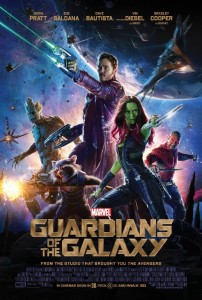
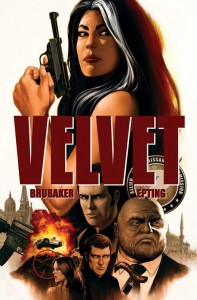
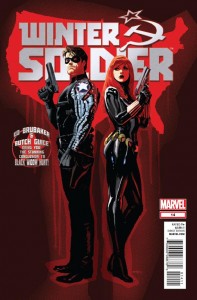
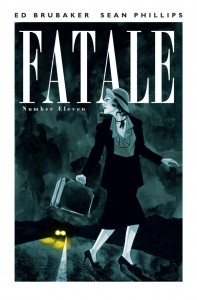

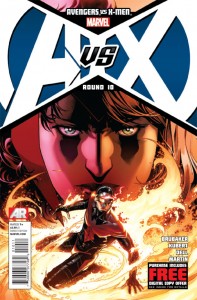
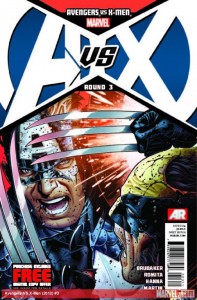
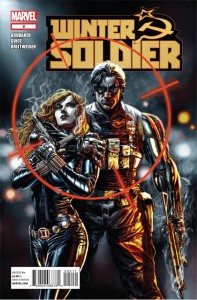
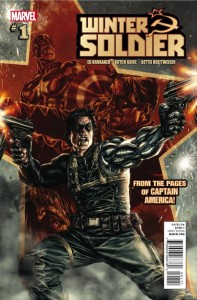
 Podcast RSS Feed
Podcast RSS Feed iTunes
iTunes Google Play
Google Play Stitcher
Stitcher TuneIn Radio
TuneIn Radio Android
Android Miro Media Player
Miro Media Player Comics Podcast Network
Comics Podcast Network